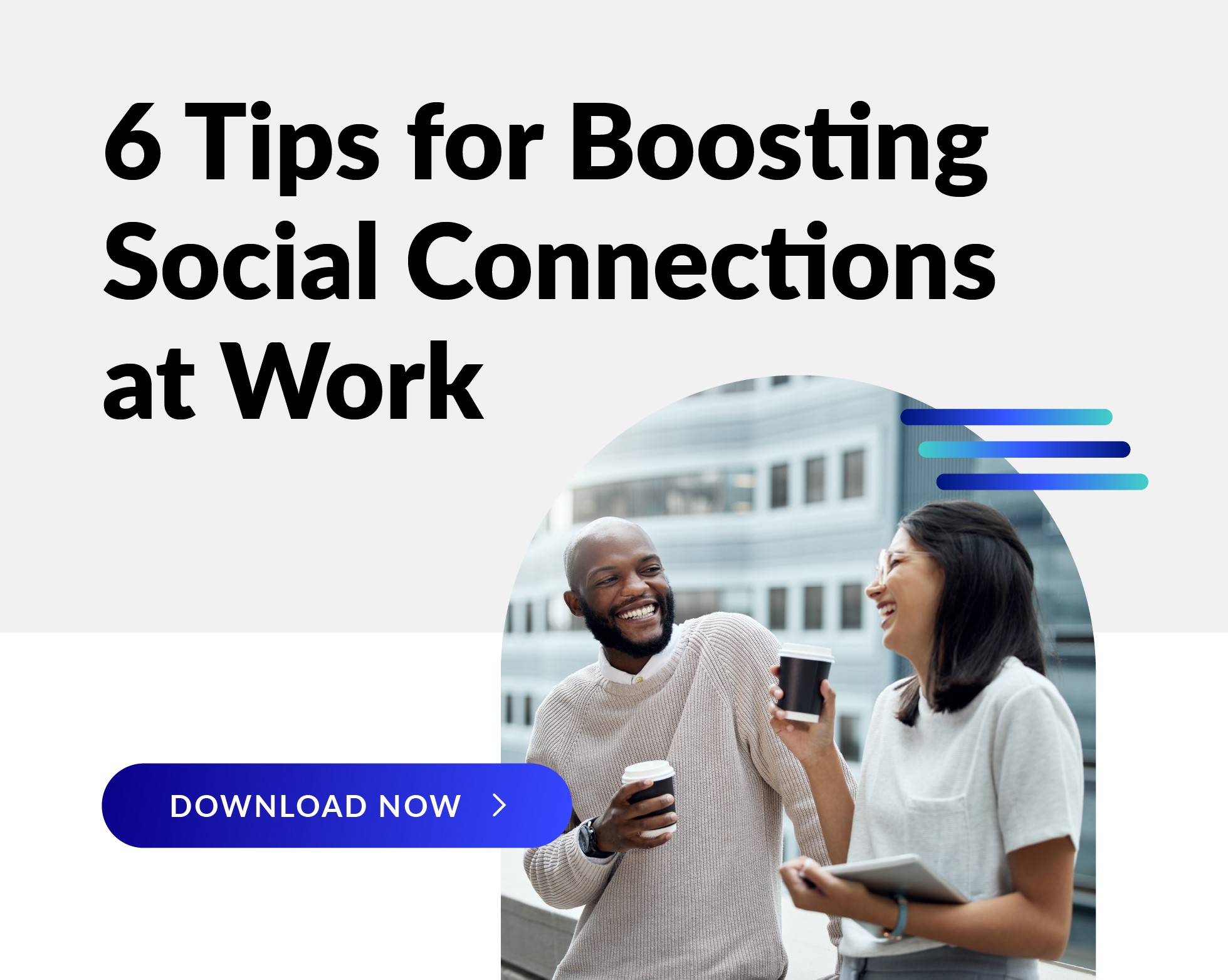 Lifestyle coaching is a proven, effective way to help individuals change unhealthy behaviors and improve critical risk factors. But don’t just take our word for it. In this blog article, we share the inspiring story of Walter, a 52-year old nurse technician in Florida, who reversed his high blood pressure condition, lost weight, and completely changed his lifestyle with the help of a WebMD Health Coach.
Lifestyle coaching is a proven, effective way to help individuals change unhealthy behaviors and improve critical risk factors. But don’t just take our word for it. In this blog article, we share the inspiring story of Walter, a 52-year old nurse technician in Florida, who reversed his high blood pressure condition, lost weight, and completely changed his lifestyle with the help of a WebMD Health Coach.
Before receiving health coaching, Walter suffered from resistant/chronic hypertension, which caused his blood pressure to spike and generally left him feeling unwell. He knew he needed to make a change, but just couldn’t figure out how to start. Fast forward three years: Walter has lost 27 pounds and is no longer taking three high blood pressure medications. We sat down with him recently to learn how WebMD Health Coaching made the difference.
WebMD: What was holding you back from making healthy lifestyle changes before?
Walter: I didn’t see the value and worth in it. I couldn’t grasp the buy-in of being healthy now to prevent being unhealthy in the future.
How did connecting with a WebMD Health Coach help you overcome those obstacles to starting?
I saw that making small lifestyle changes with accountable goals was benefiting my health. I changed my mindset and it was a lifestyle change: I wanted to do better for me. I felt the coach helped me with an action plan that kept me on track. I didn’t always meet all the goals, but having them helped me celebrate my success when I did. My wife is also a great support system for me.
How often do you speak to your WebMD Health Coach? What specific things does he or she say or do to keep you motivated?
I speak with my coach every two months. If I get to the point that I hit a barrier or “rock bottom,” I can call in whenever. Even if it is not the same coach I talk to every time, another coach will have my information and past notes, so I can pick up with my goals and progress. The coaches help me try new things that I necessarily wouldn’t push myself to do, like a variety of different exercises that are not in a gym setting.
Tell me about your current exercise regimen.
I am going to the gym five days a week. I do strength training (targeting a variety of large muscle groups) and core and cardio. On the weekend I go trail bike riding with my friend. [WebMD: Walter reports that the trail used to take him one hour and now is he down to 52 minutes!]
What was a typical dinner or lunch for you before you started working with a coach? And now?
Before starting to concentrate on weight, for lunch I would have a ham and cheese footlong with veggies, white bread, with two bags of chips, a cookie, extra-large sweet tea. For dinner, I would have mac and cheese, Salisbury steak, and gravy and mashed potatoes. I had no problems with veggies, but I did have plenty of butter with them and a side of bread.
Now I weigh everything. On a workout day for lunch it’s a chicken breast with roasted Brussels sprouts, with a snack in between lunch and dinner (1 oz. plain Greek yogurt, 4 oz. of cut-up pineapple, or 1 oz. of nuts). Dinner is grilled salmon with a veggie, baked sweet potato, brown rice, or quinoa. When I feel hungry I eat protein to stay full. I am aware of what I am eating at every meal.
The results speak for themselves.
After three years of receiving coaching, Walter has:
- Lost 27 pounds;
- Lowered his body fat by 8% and achieved a 20% body fat goal;
- Attained a blood pressure reading of 117/70;
- Eliminated the need for three high blood pressure medications; and
- Implemented a solid exercise routine and improved dietary habits.
Walter was so inspired by his coaching experience that he is pursuing a health and wellness degree through the University of Southern Florida. He’s excited about being able to work in a health coaching position in the future so he can help people before they develop a disease.
How organizations benefit: what we’ve learned from over 3 million coaching sessions.
Every day we hear stories like Walter’s that are a testament to the power of our health coaching team. Organizations benefit, too. When you offer one-to-one coaching to individuals within your organizations, you:
- Assure them that the organization values their well-being and is willing to support efforts on their behalf;
- Gain the benefits of on-site coaches who can champion workplace well-being activities like lunch-and-learn sessions, health fairs and screenings; and
- Inspire individuals who receive health coaching to become advocates. When they see positive results in their own lives, they will spread the word through their workplace social networks.
From increased morale to improved productivity to reduced health risks, the benefits of coaching are clear. Do you have a WebMD Health Coaching success story in your organization? Please share it with us so we can feature it in a future blog. Contact us at connect@webmd.net.
Related Content:


